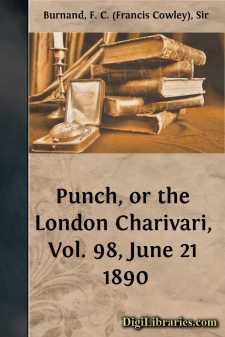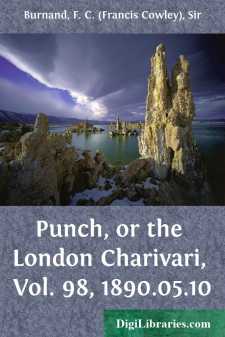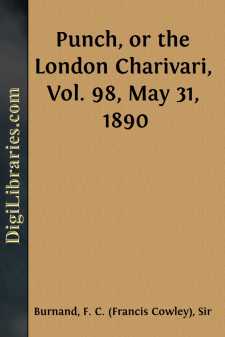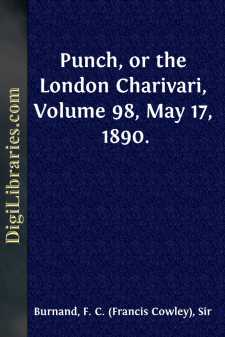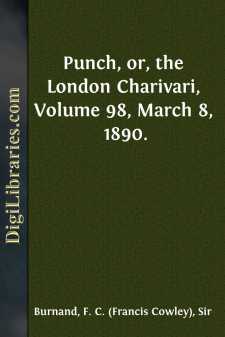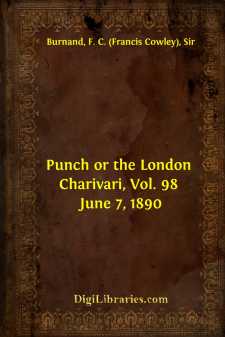Categories
- Antiques & Collectibles 13
- Architecture 36
- Art 48
- Bibles 22
- Biography & Autobiography 816
- Body, Mind & Spirit 145
- Business & Economics 28
- Children's Books 17
- Children's Fiction 14
- Computers 4
- Cooking 94
- Crafts & Hobbies 4
- Drama 346
- Education 58
- Family & Relationships 59
- Fiction 11834
- Foreign Language Study 3
- Games 19
- Gardening 17
- Health & Fitness 34
- History 1378
- House & Home 1
- Humor 147
- Juvenile Fiction 1873
- Juvenile Nonfiction 202
- Language Arts & Disciplines 89
- Law 16
- Literary Collections 686
- Literary Criticism 179
- Mathematics 13
- Medical 41
- Music 40
- Nature 179
- Non-Classifiable 1768
- Performing Arts 7
- Periodicals 1453
- Philosophy 66
- Photography 2
- Poetry 897
- Political Science 203
- Psychology 45
- Reference 154
- Religion 516
- Science 126
- Self-Help 85
- Social Science 82
- Sports & Recreation 34
- Study Aids 3
- Technology & Engineering 59
- Transportation 23
- Travel 463
- True Crime 29
F. C. (Francis Cowley) Burnand
Francis Cowley Burnand was a prominent English playwright and humorist, best known for his long association with the satirical magazine *Punch*, where he served as editor from 1880 to 1906. He wrote numerous plays and operas, including the successful burlesque "The Latest Edition of the White Cat" and the comic opera "The Chieftain" in collaboration with Arthur Sullivan. Burnand's work is noted for its wit and comedic brilliance, significantly influencing Victorian theatre and humor.
Author's Books:
Sort by:
"PLACE AUX DAMES!" [Following the brilliant success of Miss Fawcett at Cambridge, Mlle. Belcesco, a Roumanian lady, took her degree to-day as Docteur en Droit. Like Miss Fawcett, she obtained the highest place at the examination for the Licentiate's Degree, and her success was not less brilliant at the examination for the Doctor's Degree.—"Daily News" Paris Correspondent.]...
more...
It was the first day under the operation of the new Act. Everyone was a little nervous about the outcome, and John Jones, the Barrister, was no exception to the general rule. At three o'clock he was in the full swing of an impassioned appeal to the Jury. "I beg your pardon, Mr. Jones," said the Judge, glancing at the clock, "but I am afraid I must interrupt you. I cannot hear you any...
more...
Chorus of Female Spectators. We shall see better here than what we did last Droring-Room. Law, 'ow it did come down, too, pouring the 'ole day. I was that sorry for the poor 'orses!... Oh, that one was nice, Marire! Did you see 'er train?—all flame-coloured satting—lovely! Ain't them flowers beautiful? Oh, Liza, 'ere's a pore skinny-lookin' thing coming...
more...
ALL IN PLAY. My Dear Editor,—Whilst you were feasting in Burlington House amongst the Pictures and the Royal Academicians, I was seated in the Stalls of the St. James's Theatre, lost in astonishment (certainly not in admiration, although of old the two words had the same meaning), at the antics of a minority of the Gallery, who amused themselves by shouting themselves hoarse before the...
more...
Yesterday, before the Theatres Committee of the London County Council, the appeal of Mr. Henry Irving (the well-known actor and manager) against the decision of the Sub-Committee to refuse a licence to the Lyceum Theatre, came on for hearing. After Mr. Henry Irving (who appeared in person) had addressed the Committee at some length, dwelling upon the character of the pieces he had produced during his...
more...
SALUBRITIES ABROAD. Royat Improved.—I have said Royat ought to be rebuilt. The Grand Hotel is of a sort of Doll's House order of architecture, splendid front, no depth to speak of, and built on so steep an ascent that it is hoisted up at the back like a lady's skirt by a dress-improver. Beau site all the same, and magnificent view. Last year the Hotel Continental formed part of a group of...
more...
First Shy Man (to break the spell). Odd, our running up against one another like this, eh? Second Shy Man. Oh, very odd. (Looks about him irresolutely, and wonders if it would be decent to pass on. Decides it will hardly do.) Great place for meeting, the Academy, though. First S. M. Yes; sure to come across somebody, sooner or later. [Laughs nervously, and wishes the other would go....
more...
THE BUBBLE SHOP; OR, "ONLY HIS PLAY." How many deserving persons besides dramatic authors are looking about for good situations, and are unable to find them! Mr. 'Enry Hauthor Jones was sufficiently fortunate to obtain a good dramatic situation of tried strength, which, placed in the centre of novel and most improbable (not to say impossible) surroundings, has, in the hands of Mr. Charles...
more...
YULE-TIDE—OLD AND NEW. At the Commencement of the Century. And they made merry in the good old fashion. The pictures on the walls were covered with holly and mistletoe. They had come from British woods. Then the tables groaned with Christmas cheer. The baron of beef was flanked with plum-pudding and mince-pies. There never was a more jovial crew. The compliments of the season were passed round, and...
more...
I may assume, that after the terrible example given in my last chapter, you have firmly made up your mind never on any account to take service in the great army of bores. But this determination is not all that is necessary. A man must constantly keep a strict guard on himself, lest he should unconsciously deviate even for a few minutes into the regions of boredom. Whatever you do, let nothing tempt you...
more...


